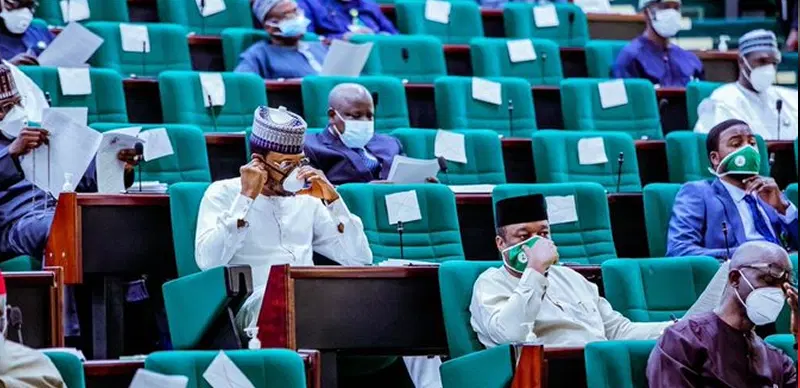Electricity distribution companies in Nigeria have expressed concerns that the Federal Government has not fulfilled its commitment to subsidize electricity costs for customers in Bands B to E.
This was disclosed by the Executive Director of Research and Advocacy at the Association of Nigerian Electricity Distributors, Sunday Odunta, on Wednesday during an appearance on Arise News, where he discussed the ongoing challenges in Nigeria’s electricity sector, particularly the frequent grid failures.
Oduntan noted that only customers in Band A pay the full cost of electricity, while the government currently subsidizes approximately 67 per cent of the costs for the other customer bands.
This subsidy shortfall, he said is exacerbating the operational difficulties faced by electricity distributors across the country.
However, he said the government promised to pay for the shortfalls, but it has continued to default.
“Today, only people in Band A pay the true cost of electricity. If you are in Band B, C, D, or E, the government is subsidising your electricity consumption by as much as 67 per cent, which means you are not even paying up to half of what you should be paying, and the so-called subsidy is not being paid by the government. It is now a kind of shortfall because it continues to pile up,” Oduntan said.
Oduntan lamented that Discos are selling power below production costs, emphasizing that electricity pricing should not solely depend on consumer affordability.
He pointed out that, unlike Nigeria, other countries have successfully initiated and completed power projects within a few years.
In contrast, the Mambila power project has been delayed for many years, largely due to issues surrounding cost recovery.
“Many talk about people’s affordability, which should not determine the cost of electricity. It should be the other way around. It is time for us to put on our thinking cap. What is the landing cost of electricity? If the government thinks people’s earning power needs to be improved, that’s a part of their duties. Go and find out how much it costs to buy a brand new Land Cruiser and ask me how many meters or transformers I can buy with the cost of one Land Cruiser Jeep. So, it’s about priorities.
“The point I’m making is that the issue of cost has nothing to do with the private businessmen who have to recover their costs. Once we all agree on the landing cost, then we should know that we should not sell below that cost.
“What has happened to Nigeria over the years is that the government kept on asking that electricity should be sold far below the landing cost, and the government keeps on promising, ‘Don’t worry, we’ll give you the shortfall’, that is the subsidy. But it has never been done, that is the problem,” he lamented.
Recall that the Minister of Power, Adebayo Adelabu, has repeatedly advocated for a cost-reflective tariff, noting that the government has consistently failed to pay electricity subsidies over the years.
Speaking further, Oduntan said the country needs a minimum of 30,000 megawatts of electricity to enjoy stable power supplies and reduce grid collapses but it is currently generating 5,000MW.
He attributed the challenges in the power sector to many years of neglect, saying Nigeria built no power plant between 1989 and 1999.











